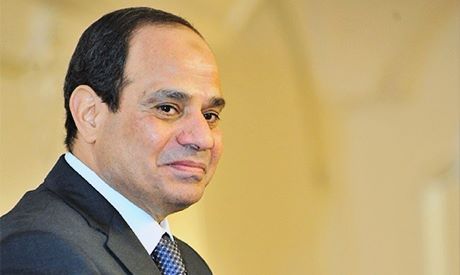Iyob Kebede lies in his hospital bed, a defeated man.
His prognosis is ‘bleak’ according to his doctor, while his weekly life-saving treatment is now putting a drain on his family’s savings.
The only cure is a kidney transplant for which he is unable to find a donor or the means.
The 28-year-old Ethiopian is suffering from renal failure that requires him to endure haemodialysis treatment twice a week for the interim until he undergoes surgery – if he ever can, fears his wife.
The 28-year-old Tirsit spends her days caring for her husband and their two-year-old son Kirubel; the nights are spent ferrying passengers from Dubai Airport for the Roads and Transport Authority, where she works as a cab driver.
Iyob, who is also a cab driver with Metro Taxis, is currently on medical leave she says.
“I don’t know how long can we keep this up,” says Tirsit, wiping away tears as she looks over at Iyob, whose silent demeanour is only punctuated by the hissing of the dialysis machine he is hooked up to at the Belhoul Speciality Hospital, where he is currently being treated.

With hospital bills averaging Dh10,000 per month, the fear of the mounting expenditure keeps her from sitting still even for a few minutes.
“I have committed myself to 24-hour shifts at work so I can make the commissions. I need that money,” says an emotional Tirsit, who earns a meagre Dh1,000 basic salary. “People tell me that I will fall sick doing this. But how can I stop when Iyob needs this for his treatment? They tell me he has reached the cut-off limit for his health insurance for this year. I am unsure how to continue with his treatment when we exhaust our savings.”
According to his physician and Specialist Nephrologist, Dr Paulose Thomas, Iyob suffered from a history of pedal oedema (swelling of the feet and ankles due to accumulation of excessive fluid) for eight months, at the beginning of last year, and was advised to undergo renal biopsy.
Due to lack of funds, according to Tirsit, her husband travelled to Ethiopia last September to undergo treatment.


































